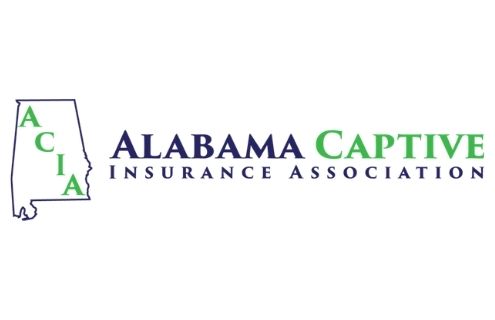The Alabama Captive Insurance Association (ACIA) has revealed its 2021 captive bill amendments, which if passed, will see the introduction of three new alternative risk vessels, a new formal redomestication process, risk retention group (RRG) and a reduction to the minimum capital requirements.
The Alabama State Legislature convened 2 February 2021.
The new 2021 proposals are in addition to those scheduled for last year, which was put on hold by the state legislature due to the ongoing COVID-19 pandemic.
Last year’s changes include an expansion to branch captives and dormancy statute.
Ben Richardson, director of external affairs at ACIA, explains that a lot of time has been spent discussing the changes with the Alabama Department of Insurance to make Alabama stand apart from other domiciles.
As part of the 2021 amendments, the three new alternative risk vessels will include agency captives, reinsurance captives and special purpose financial captives.
Agency captives will allow producers to form captive structures and provide access to hard to obtain coverage when traditional markets harden, while the reinsurance captive structure will permit the formation of captives for the sole purpose of assuming risk from other insurers as well as establishing requirements for those specific type of reinsurance transactions.
The new special purpose financial captives will be allowed under the commissioner’s supervision and given his consent a captive can be created, which will provide the ACIA flexibility as well the captive managers operating in the state.
Another proposal will also allow surplus notes to be utilised in the capitalisation process, which previously was not allowed in the state.
Alabama has also put forward a new formal redomestication process.
In order for an alien captive insurance company to redomesticate to Alabama, Richardson notes that they must display compliance with the regulations of their former domicile, be in compliance with the regulations of Alabama, and have an examination substantially similar to the scope of the Alabama examination.
In the US, particularly among southern states, such as Georgia and North Carolina, similar rules are in place.
Richardson says if passed, the new law will mean captives can facilitate a move from state to state without the burdensome regulations and examinations.
“We’re really excited about that and I think that is going to be really critical in the grid of Alabama in the captive industry,” Richardson says.
The ACIA has also collaborated with the Alabama Department of Insurance, which will see the department issue the RRG regulation to set the National Association of Insurance Commissioners RRG standards in one convenient place.
Richardson explains that this will create a “smoother regulatory environment” for RRG owners and managers to know the requirements.
The final proposed change is a reduction in the minimum capital requirements for the state’s pure protected cell captives.
For pure captives, the first capitalisation was $250,000, which could be lowered to $100,000 while the protected cell was also $250,000 and that is now $100,000 for the initial capitalisation cost.
Commenting on the proposed changes, Richardson states: “We think that this is going to really help us be competitive, both domestically and globally. We're really excited about what these changes mean for the state and the fact that our department is being a champion for our cause and trying to get help us promote Alabama, as a really competitive domicile.”
He notes that the bill is expected to be introduced to the through the House Insurance Committee this week.
“Up to this point, since 2006, we've not had a single negative vote or objection to any component of our legislation, and we're expecting the same this year. We are really excited to see this all the way through and see it signed into law, late June early July,” Richardson adds.


